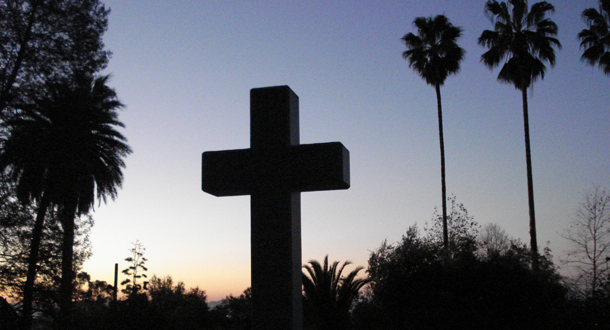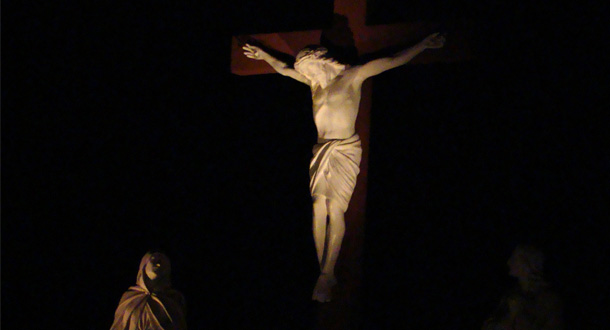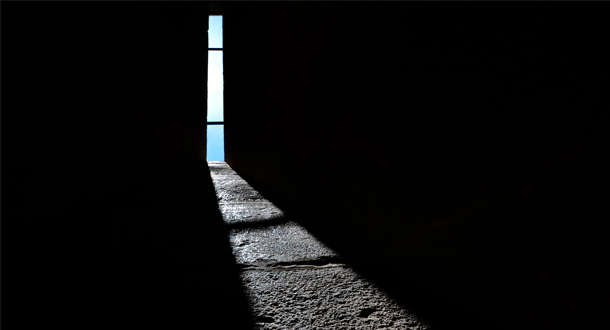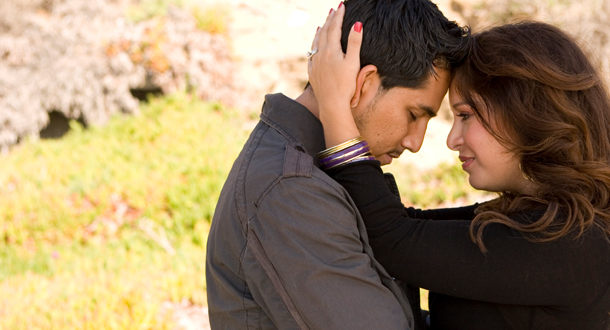 Scripture:
Scripture:
Philippians 2:1-4
Luke 14:12-14
Reflection:
Do nothing out of selfishness or out of vainglory; rather, humbly regard others as more important than yourselves… ~Philippians 2:3-4
Rather, when you hold a banquet, invite the poor, the crippled, the lame, the blind… Luke 14:12-13
Why do we find it so difficult to accept and live the simple message of Jesus Christ, the son of God? If indeed we believe that he is God incarnate, shouldn’t we hold all of his instructions in the highest regard? Shouldn’t our days be filled with caring for others?
It is part of our human (you could say fallen) nature to disregard others. By default we believe WE are the center of the universe. We go about our days trying to avoid perceived threats and embarrassments. A close study of human behavior and even modern brain science shows this to be true. We forget that we are enjoined by our God to think of others before ourselves. At least for myself, I find that is only through prayer and meditation that I am even able to begin to approach holding my neighbor as a beloved child of God.
And, when I am able to truly see others as my brothers and sisters in Christ, it radically changes the way I approach my interactions with them.
It is said that we judge others by their actions and ourselves by our intentions. When I look at another as a child of God I begin to question my own judgment. I’m open to the possibility that they may also be working out of their best intentions and I simply misunderstand them. I find myself open to dialogue with them, to maintaining a relationship of understanding.
My prayer for today is that I see others through the eyes of Christ.
Talib Huff is a lay member of the retreat team at Christ the King Retreat Center in Citrus Heights. He may be reached at [email protected].


 Scripture:
Scripture:
 Feast of All Saints
Feast of All Saints Scripture:
Scripture: Scripture:
Scripture: Scripture:
Scripture: